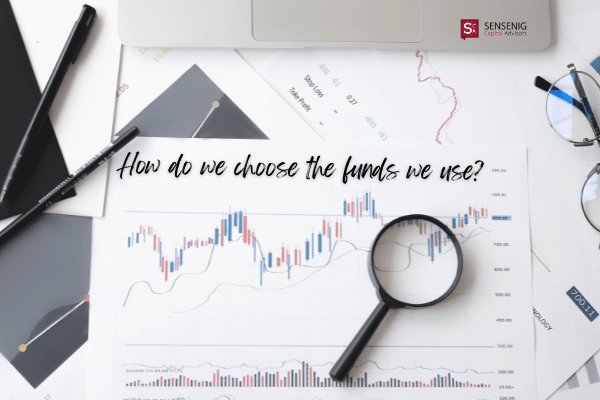What can’t Google do? Free email, customized searches, maps, apps, browsers, video—the list goes on. Now researchers claim to have found a link between Google searches and future stock market movements.
Researchers at Warwick Business School in the UK and Boston University in the US say they have developed a method that identifies historical links between searches related to business and politics and subsequent stock market moves.1
Using Google Trends data generated between January 2004 and December 2012, the researchers compared changes in search volumes around particular topics to subsequent stock market moves.
Overall, they say they found that increases in searches for information about political issues and business tended to be followed by market falls.
“One possible explanation for our results is that increases in searches around these topics may constitute early signs of concern about the state of the economy—either of the investors themselves, or as society as a whole,” the study concludes.
Taking the survey at face value, it would appear that investors (with the requisite programming ability) could analyze Google search trends to successfully time their entry and exit points from risky assets.
But there are a few points to make about this. First, the authors themselves acknowledge that the strength of the relationship between web searches and market movements has diminished in recent years.
They speculate that this may reflect the increasing incorporation of internet search data into automated trading strategies.
Second, the study covers just eight years and is confined to the US. It arguably would require a much longer dataset and a study of other markets to determine whether these effects are sufficiently persistent and pervasive.
Third, care needs to be taken in concluding predictive relationships between various external indictors and market movements. The dangers involved in doing so were highlighted in a separate study in 2012 by academic Robert Novy-Marx.2
With tongue in cheek, Novy-Marx showed how, using statistical analysis, one could draw credible-sounding links between market performance and factors such as political leadership, the weather, sunspots, and even the alignment of the planets.
“The market performs significantly better when Mars and Saturn are opposed,” Professor Novy-Marx said. “Times when … their energies are polarized appear to be particularly propitious times to invest in the market.”
While his mathematics would go over the heads of most laypeople, Novy-Marx’s main point is that just because some statistical relationships appear to match up in regressions does not mean they are a reliable way of predicting the future.
Take planetary movements and stock prices. The first of those variables changes only very slowly in comparison to the second. When the two overlap, it might seem as if there is a reliable relationship between them. But the fact is there are not enough independent observations in the first variable to draw such an inference.
Put another way, correlation is not necessarily causation. Just because your football team wins every time you wear your favorite red shoes to the game does not mean your choice of footwear is a reliable predictor of the team’s success.
Over the years, there have been dozens of theories about the predictability of market performance. The Super Bowl effect and the January effect are two such examples. However, none of these effects passes the highest standards of research.
Unlike some of the other apparent effects, the relationship between Google search trends and stock market performance at least has the benefit of sounding sensible.
But is the effect persistent across different periods? Is it pervasive across markets? Is it robust to alternative specifications? And even if it meets those tests, is it cost-effective to capture in well-diversified portfolios? It seems unlikely the ratio of signal to noise in Google searches is strong enough for a successful market timing strategy.
These are high hurdles to clear. But they are hurdles that must be overcome if one is to build a scientifically grounded investment strategy that stands the test of time.
Ultimately, you can’t just Google up investment success.
1. Curme, C., Preis, T., Stanley, H.E., and Moat, H.S, “Quantifying the Semantics of Search Behavior Before Stock Market Moves,” Proceedings of the National Academy of Sciences, 2014.
2. Novy-Marx, R., “Pseudo-Predictability in Conditional Asset Pricing Tests,” NBER, 2012. Novy-Marx is a paid consultant with Dimensional.
About the Author: Jim Parker, a vice president in the Communications Group of Dimensional Fund Advisors presents strategies to communicate Dimensional’s philosophy and process in ways that engage clients, prospects, regulators, and the media. Jim holds an economic history degree from Deakin University and a journalism degree from Auckland Technical Institute.



